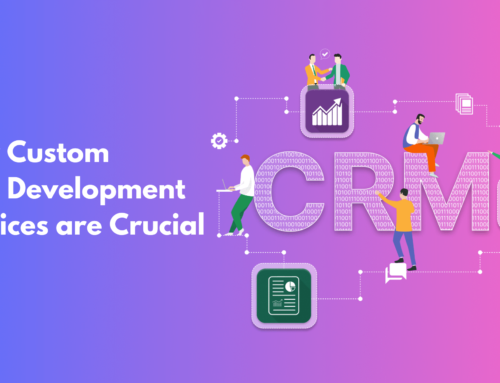WordPress plugins are small pieces of software that can be installed on a WordPress website to extend its functionality. They are a key part of the WordPress ecosystem, and can be used to add almost any type of functionality to a website, from simple contact forms to complex e-commerce systems.
If you’re a developer looking to build custom solutions for WordPress, plugin development is a skill that is essential to have. Whether you’re building a plugin for your own use or for distribution to the wider WordPress community, there are a few key things to keep in mind.
First and foremost, it’s important to have a solid understanding of the WordPress codebase. This includes knowledge of the WordPress plugin API, as well as the best practices for building custom plugins. Additionally, it’s helpful to have experience with PHP and MySQL, as these are the technologies used to build custom solutions with WordPress.
When it comes to building a WordPress plugin, there are a few key steps to follow. First, you’ll need to come up with a clear idea of what your plugin will do and how it will fit into the wider WordPress ecosystem. From there, you’ll need to plan out your plugin’s functionality and design a user interface that is easy to use. Next, you’ll need to write the code for your plugin, paying attention to best practices and following WordPress coding standards. Finally, you’ll need to test your plugin and prepare it for distribution.
If you’re looking to get started with WordPress plugin development, there are a number of resources available to help you. The WordPress Codex is a comprehensive guide to the WordPress codebase, and there are also many online tutorials and courses available to help you learn more about plugin development. Additionally, the WordPress developer community is large and active, so there are plenty of people you can reach out to for help and advice.
Overall, WordPress plugin development is a powerful tool for extending the functionality of a WordPress website. Whether you’re building a plugin for your own use or for distribution to the wider community, it’s a skill that is essential for any WordPress developer.

